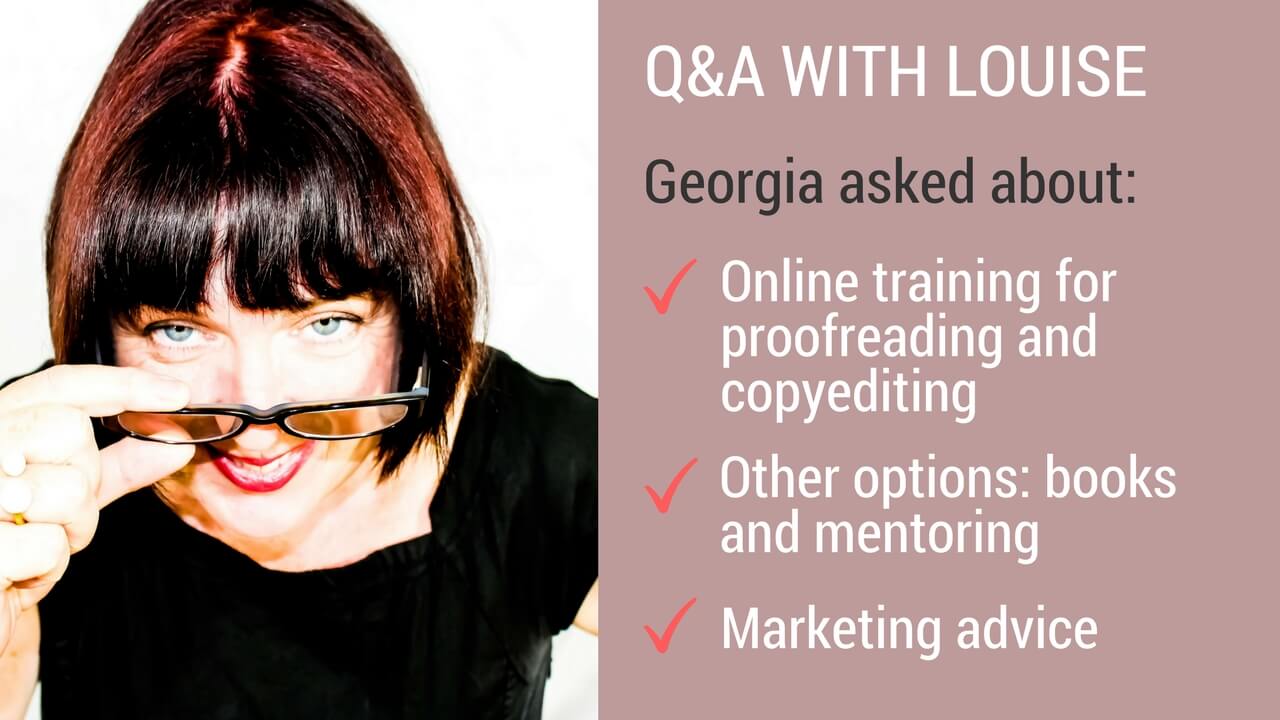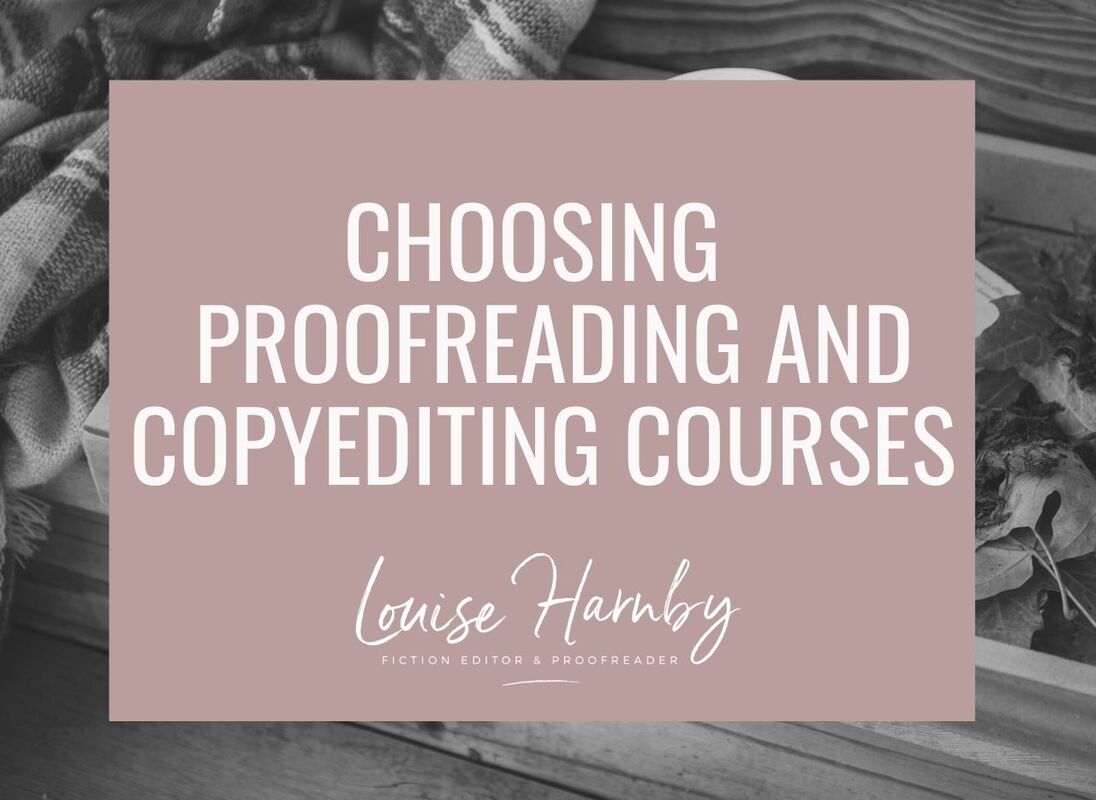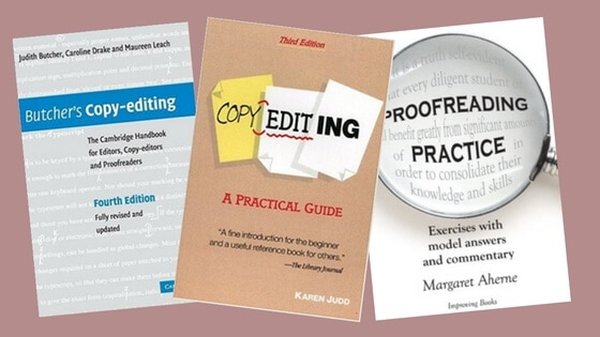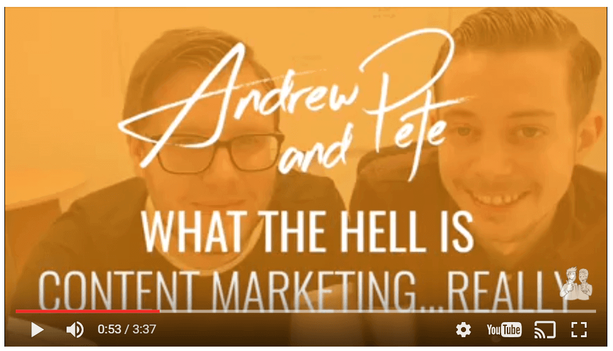|
Georgia got in touch with a training query. She’s asked to remain anonymous in order to not jeopardize her existing client relationships. I’ve therefore changed her name and removed all the details from her email that might enable colleagues or clients to identify her.
She’s based outside the UK. She has only two clients, both of which I believe are exploiting her. One pays months late on a regular basis, though it expects its freelancers to meet its tight deadlines; the other (more recent) expects her to wear far too many editorial hats given what she’s being paid for each project.
Although Georgia has several years’ copyediting experience, she has no formal training and feels that scope creep has exposed gaps in her professional knowledge. These are proving to be a challenge in her current roles. Georgia’s budget is limited (not a surprise given that she’s not being paid in a timely manner). She asks: ‘Could you suggest further steps for me? Are there any reputable online training courses you would recommend that would advance my skills and that would not be too expensive?’ So, what should she do? Training and beyond So, Georgia, first of all, I’m really impressed that you’ve focused on upskilling rather than complaining. Few editors and proofreaders know everything about everything; there’s always more to learn! Of particular interest to me, though, was the fact that you framed your query purely in terms of skills gaps and training solutions. Actually, I think there’s a bigger issue at stake: your limited choice. Your current clients expect you to be able to carry out more levels of editing than you feel capable of. And yet there are plenty of clients in the world who would benefit from – and be glad to hire you for – your existing capabilities. However, they can’t find you. With that in mind, I’m going to break down my answer into several parts:
And if that sounds like I’m looking for an excuse to bang my marketing drum yet again, I won’t apologize! The fact is that the work we do and the work we do to get the work we do are connected. Having appropriate skills is of course the foundation of good practice, but it’s next to useless if we’re still rendered vulnerable to clients who expect the earth, and believe they can ask us for it, because we have nowhere else to turn. But let’s deal with the training issue first, since that’s what you asked me to address ... Online training So the bottom line is that, as far as I’m aware, there are no ‘cheap’ distance-learning courses that will provide you with the baseline skills that mainstream publishing houses and university presses will expect from a copyeditor or proofreader. You get what you pay for when it comes to professional training. Of course, what’s cheap to you might seem pricey to me, or vice versa. Given that the pound is rather weak as I write in June 2017, perhaps some of the UK online training courses I’m about to recommend might be well within your budget today even if they wouldn’t have been three years ago! The two institutions I’ve worked with, and so can vouch for with confidence, are as follows: Bear in mind that if you decide to do proofreading training, the proof-correction markup language taught (BS 5261C: 2005) on UK distance-learning courses will differ a little from that used where you live, so there’ll be some tweaking to do when you apply the training to your practice. Below, in the comments, my colleague Corina Koch MacLeod kindly posted some additional links to online courses (see Professional Studies at Queen's University, Canada). They're open to anyone, anywhere.
Books Online proofreading and copyediting courses are superb options because of the flexibility they offer and, in some cases, the available feedback from a tutor (that's one of the reasons why they're not the lowest-cost option). Given that you’re on a budget, though, you might want to consider books, too. Here are eight to think about:
These books most definitely aren't up-to-date in terms of technology (the on-what issue), but the best-practice elements are still spot on. The fourth edition of Butcher's is also pricey. Second-hand versions of the third edition are going for a song on Amazon, though. If you find that some of these books are out of print, ask in editorial forums if anyone has copies they’d be happy to pass on. Mentoring: formal and informal Another option is to seek either formal or informal mentoring. I don’t think you should feel embarrassed about explaining to colleagues in editorial forums that you’re looking to raise your skills to meet publishing-industry standards, and asking whether anyone would be prepared to mentor you. I'm impressed when even the most experienced editor or proofreader asks about CPD. Some may expect a fee, others will do it for free, though there might well be a wait list. Moving beyond mainstream publishers Mainstream publishers, as you know, tend to have rather rigid definitions of what a copyediting or proofreading job entails. Editorial freelancers who specialize in working for these clients do have a smoother ride if they’ve formally trained because that training accords with industry expectations. Things take a different (though not always easier!) turn when working with independent authors, students, businesses, and so on. I would not be at all surprised if the experience you’ve already acquired with your two mainstream clients means that you're more than capable of working with many non-publishers effectively. So let’s say you offer copyediting. While a publisher might expect you to edit the index or the bibliography as standard, you could decide to exclude these from your service for non-publishers. And perhaps you won’t be surprised to hear that many non-publisher clients come to me, and thousands of my colleagues, looking for so-called proofreading services. What they’re actually asking for frequently falls under the rubric of what we'd call copyediting (correcting the raw-text files) rather than annotating final page proofs. You're in a position to support this market given that you’ve already demonstrated your capabilities with several years of successful practice. See the following for more on the tangled world of non-publisher proofreading and copyediting:
A key issue for you to consider is therefore how you are going to make yourself discoverable to those types of clients. Make sure your website, social media profiles and directory entries are bang up to date and presenting you as a compelling prospect for potential clients. If you’re not advertising in the key industry directories, then that’s something you can fix immediately (whereas making your website visible is a more complex and slower-burn solution). Think internationally. If you can access key industry directories, do so. You’re not a member of the CIEP, so you wouldn’t qualify for entry in its Directory of Editorial Services, but you might be eligible for other national societies listings (see this list of national editorial societies). Then there’s findaproofreader.com, which is very reasonable. Consider other online business directories in your region, too. If their advertising rates are affordable, test them for a fixed period so you can evaluate whether they’re working for you. One channel is rarely enough for any of us. Make yourself visible on multiple platforms so you can see what drives clients your way most effectively. To make your editorial more visible to clients searching online, I’d recommended a content-marketing strategy. This requires consistency, creativity and commitment, but it is an effective strategy if you're prepared to work hard at it. I won’t use this Q&A session to delve into the issue because there’s far too much to say. If you want a taster, read my Content Marketing Primer for Editors and Proofreaders. (I also have a more general book on marketing an editorial business that might be of interest: Marketing Your Editing & Proofreading Business.) But, first, head over to the Andrew and Pete blog (two excellent content-marketing coaches, and my top recommendation for anyone wanting to dig deep and do it properly) and watch this short video: WHAT IS CONTENT MARKETING? (IN 15 GIFS). Honestly, no one makes the task as fun as these two do!
Summing up
So, Georgia, there you have it – 2 online proofreading and copyediting training options, 8 paperback alternatives, 1 brief mention of mentoring, and my thoughts on promoting yourself into a position whereby you get to define the scope of your services rather than being forced into wearing hats that aren’t made to measure! Good luck with the next steps! Louise
Louise Harnby is a line editor, copyeditor and proofreader who specializes in working with crime, mystery, suspense and thriller writers.
She is an Advanced Professional Member of the Chartered Institute of Editing and Proofreading (CIEP), a member of ACES, a Partner Member of The Alliance of Independent Authors (ALLi), and co-hosts The Editing Podcast. Visit her business website at Louise Harnby | Fiction Editor & Proofreader, say hello on Twitter at @LouiseHarnby, connect via Facebook and LinkedIn, and check out her books and courses.
13 Comments
15/6/2017 03:12:56 am
I hope that Georgia reaches out to respected and helpful colleagues in the wider editorial world. I believe that there are at least some who would help her via informal mentorship and guidance on the most appropriate and best courses.
Reply
15/6/2017 10:36:07 am
Me too, Janet! Our tribe is incredibly helpful, and discreet when necessary. When an editor finds themselves feeling out of their depth it can be hard to know where to turn so that both quick fixes and longer-term solutions are tackled efficiently.
Reply
Lisa Dailey
15/6/2017 04:15:47 pm
Louise,
Reply
Louise Harnby
15/6/2017 09:16:46 pm
Hi, Lisa!
Reply
Lisa
16/6/2017 03:24:29 pm
Thank you so much, Louise. I didn't look at it that way, but of course! Spelling is only a small part of editing work. I'm considering other programs, as I plan to live outside the US part-time, and would like more global exposure. Thank you! 15/6/2017 09:42:38 pm
I echo everything Louise has said. Editing is global, without borders, these days. I am a Canadian, and like Louise, I have clients all over the world. And I also travel a lot.
Reply
Louise Harnby
15/6/2017 10:13:08 pm
Thanks, Janet!
Reply
Lisa
16/6/2017 03:29:26 pm
Thank you, Janet! I'm so glad to hear this. I'm always excited for more education, and I can't wait to start.
Reply
17/6/2017 02:06:07 pm
Excellent advice, Louise! A new online course opportunity: Professional Studies at Queen's University is offering online editing courses in copyediting, proofreading, stylistic editing and structural editing. There's also a course in the fundamentals of editing. The courses are designed around the Editors Canada professional standards (recognized by SfEP), but you don't need to be a Canadian to take them. https://professionalstudies.educ.queensu.ca/programs/professional-editing-standards-certificate
Reply
Louise Harnby
17/6/2017 03:04:45 pm
Thank you, Corina! I'll add these to the bottom of the post so they're visible to Georgia and other readers!
Reply
2/10/2017 11:38:38 am
Thank you, Vivek! Thanks so much for letting me know! These problems are, I think, universal. And the great thing is that the solutions are available in a variety of formats so that editors can get the help they need wherever they live in the world.
Reply
Kristian Kofoed
16/1/2020 07:34:37 pm
This thread is fantastically helpful to a beginner. Thanks to Louise and all that contributed.
Reply
Leave a Reply. |
BLOG ALERTSIf you'd like me to email you when a new blog post is available, sign up for blog alerts!
TESTIMONIALSDare Rogers'Louise uses her expertise to hone a story until it's razor sharp, while still allowing the author’s voice to remain dominant.'Jeff Carson'I wholeheartedly recommend her services ... Just don’t hire her when I need her.'J B Turner'Sincere thanks for a beautiful and elegant piece of work. First class.'Ayshe Gemedzhy'What makes her stand out and shine is her ability to immerse herself in your story.'Salt Publishing'A million thanks – your mark-up is perfect, as always.'CATEGORIES
All
ARCHIVES
July 2024
|
|
|
|



















 RSS Feed
RSS Feed





